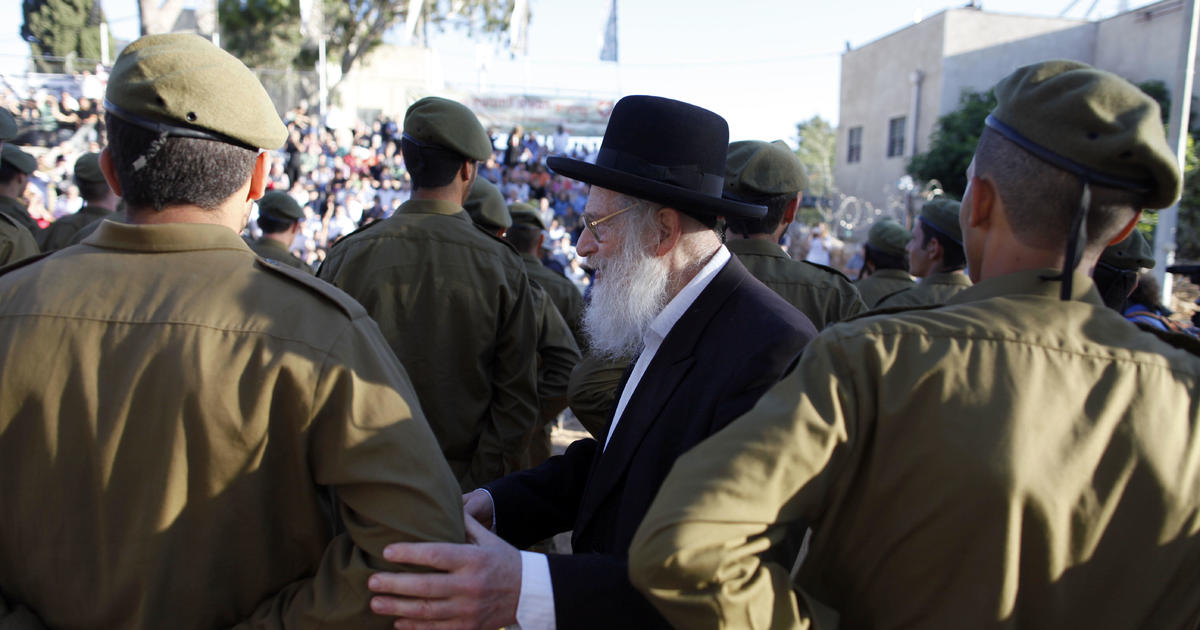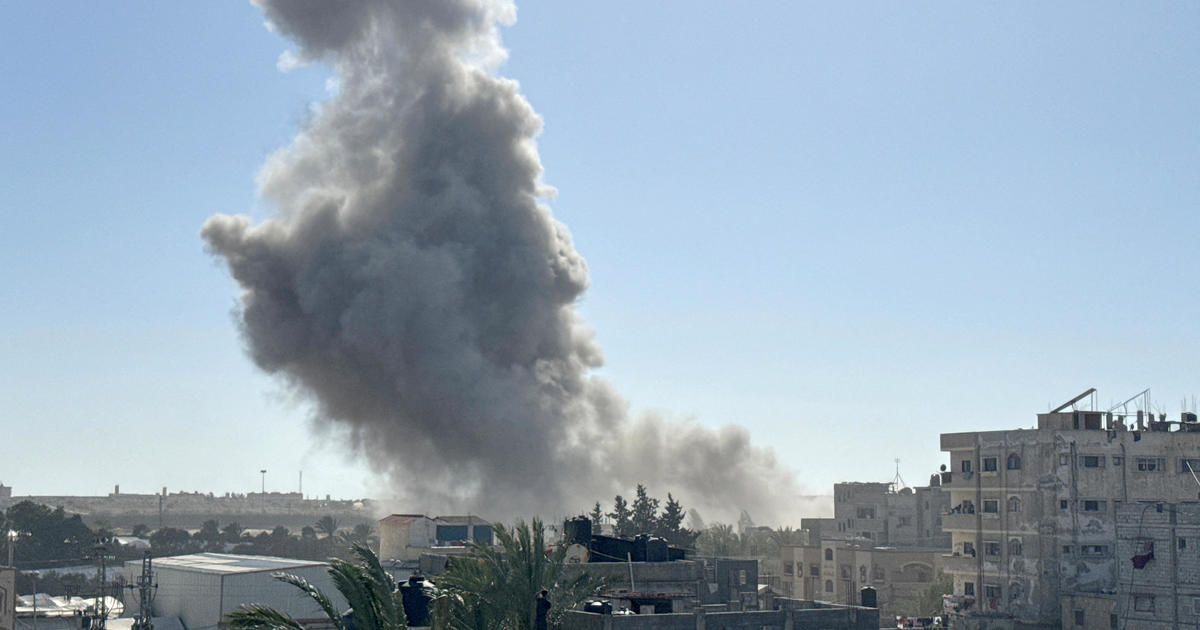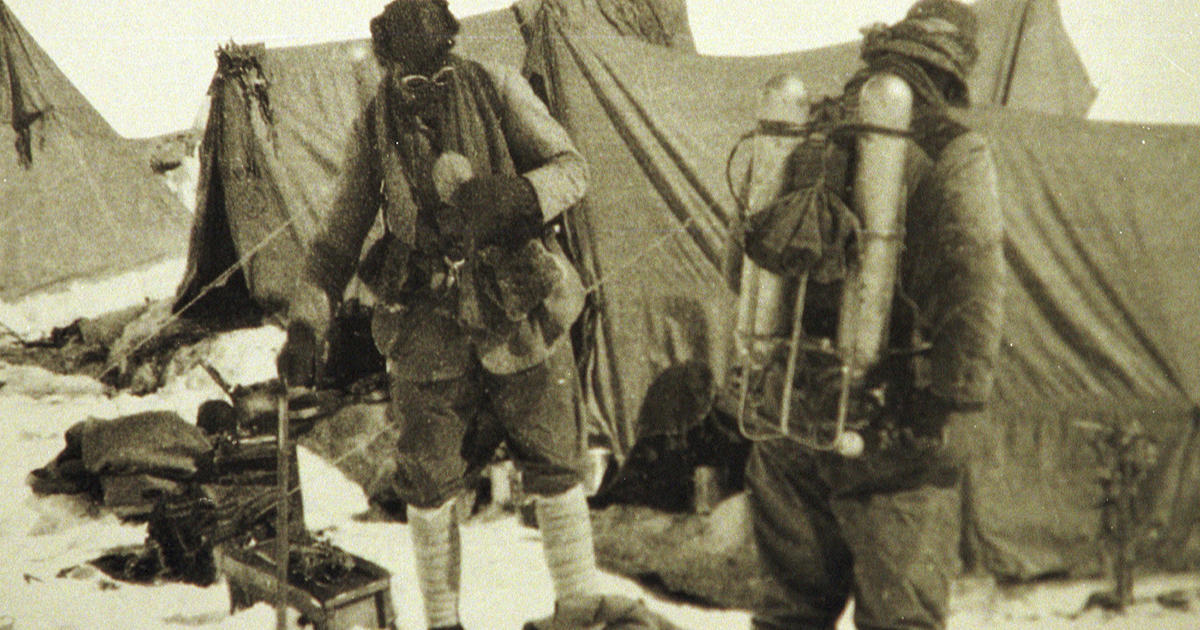Syrian war draws gawking tourists to border
MOUNT BENTAL, Golan Heights - As Syrian regime forces clash with rebels close to the Israeli-controlled Golan Heights, this windswept plateau has become a front-row seat to Syria's escalating civil war.
Curious Israelis and foreign tourists toting binoculars have been drawn to the area to try to get a glimpse of the fighting, even as others sit in a cafe overlooking the Syrian frontier area, sipping from tiny cups of espresso and frosty glasses of beer.
The thud of exploding mortar shells and smoke billowing from Syrian territory below have drawn Israelis to lookouts along the suddenly tense frontier, including this spot on Mount Bental — a former Syrian army post that Israel seized when it captured the strategic plateau from Syria in 1967.
The deteriorating situation in Syria has become a mounting concern for Israel, which fears the unrest will spill over the border, and the long-quiet frontier area will become a new Islamist front against the Jewish state.
Meir Elakry, an off-duty Israeli security guard who lives just 10 miles from the Syrian border, said he was afraid Syrian President Bashar Assad would become desperate and turn his guns on Israel.
"I want to know what the danger is to my house," said Elakry, clutching a pair of binoculars. "I don't believe Assad will be quiet if he falls."
Warfare in Syria's biggest city rages
Official: Israel to act if Syrian arsenal is breached
Is al Qaeda fighting in Syria?
There was not much to see through the binoculars Monday morning, save for Israeli tanks patrolling the border kicking up dust, and, farther in the distance, a hazy glimpse of a mosque's minaret from the Syrian town of Quneitra, which has been largely abandoned since Israel's withdrawal. Two United Nations observers monitored the border area through a huge pair of binoculars at the edge of the mountain.
But three mortar shells fell in Syria several hundred meters (miles) away from the Golan border on Monday, according to Israel's military chief. An Israeli couple from the area said explosions have kept them up at night, so they drove up to the border to try to see the fighting firsthand.
Israeli Defense Minister Ehud Barak held a news conference within earshot of the fighting last week, warning that the spiraling violence in Syria threatened to spill into the area.
The Israeli army hasn't deemed the Golan area dangerous for tourists. It says the usual large numbers of tourists have flocked there to hike and enjoy the cooler weather, although it doesn't provide specific figures.
Foreigners thronged the hilltop, a routine stop for bus tours, snapping photos and sipping cold drinks at the chalet-like Coffee Anan cafe. An American visitor posed for a photo near a signpost that pointed the way to Damascus, less than 40 miles to the northeast.
Dozens of other visitors, however, made the trip to the peak — the site of a major tank battle during the 1973 Arab-Israeli war — with the Syrian conflict in mind.
"We really wanted to see the border with Syria, and we heard that you can see it from this mountain," said a woman from Copenhagen, Denmark, who had hitchhiked across the Golan with a friend.
Many Israelis also are deeply interested in military matters, a reflection of the fact that most men do three years of compulsory army service and decades of yearly reserve duty afterward, and many women serve in the army for two years.
Israel and Syria have fought major wars, and multiple attempts to reach a peace deal have failed. Syria has strong ties to Iran, Israel's most fearsome enemy, and to Palestinian and Lebanese militants that have warred with Israel.
The frontier area has been largely quiet since a 1974 disengagement agreement, but the Syrian regime's increasingly precarious situation has Israel and its leaders worried that the Golan will be swept into the maelstrom.
Defense officials say Israel hasn't sent more troops or military equipment to the border area. But Israel is closely watching for signs the Syrian regime is losing control of its vast stockpiles of chemical weapons.
On Tuesday, military chief Lt. Gen. Benny Gantz said the Syrian government remains in control of its chemical weapons arsenals, and militants do not appear to have raided them.
Gantz warned that could change and counseled restraint over the possibility that Israel might decide to attack those depots to keep them out of militant hands, as Israeli leaders have recently threatened to do. Such a strike could drag Israel "into a broader offensive than planned," he cautioned.
On Monday, Syria threatened to unleash its chemical and biological weapons if it faces a foreign attack — its first-ever acknowledgement it possesses weapons of mass destruction.
Officials also are worried that a collapse of the Syrian government could leave a power vacuum that would allow Islamic militants to launch attacks on Israeli targets in the Golan, in much the same way they attack southern Israel from Egypt's Sinai desert.
Meredith Haines, an American tourist visiting Israel with her mother and a Jewish congregation from Freehold, New Jersey, said she felt uneasy about gawking at the conflict.
"Here you spend all this money to come to Israel and then (the tour guide)'s like, `We're going to go to the Syrian border!"' she said. "But there are people dying, like 30 miles away."



